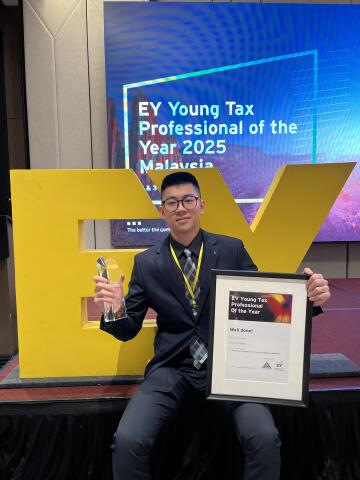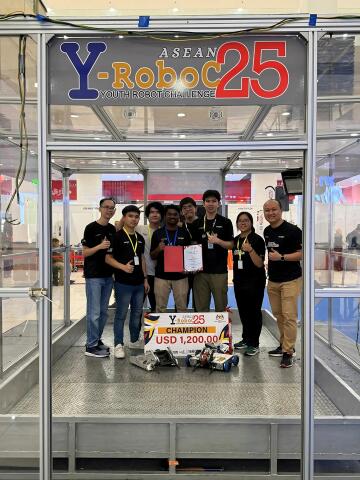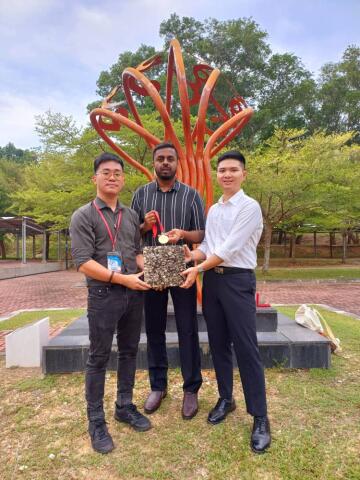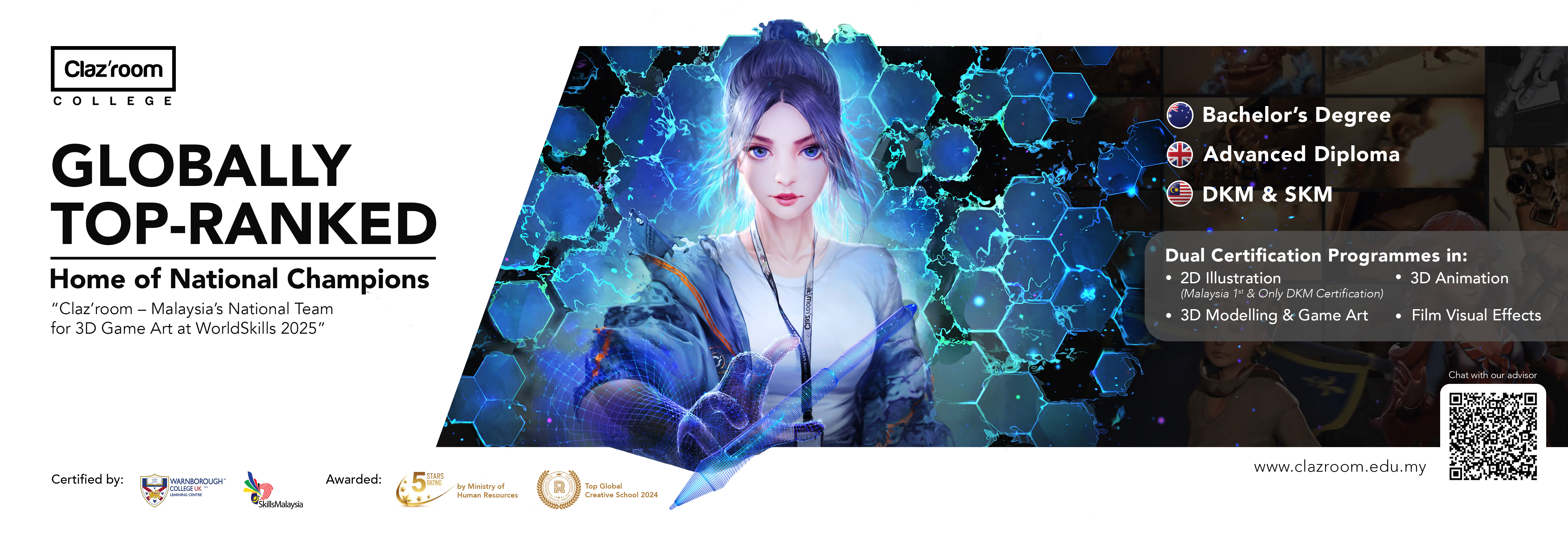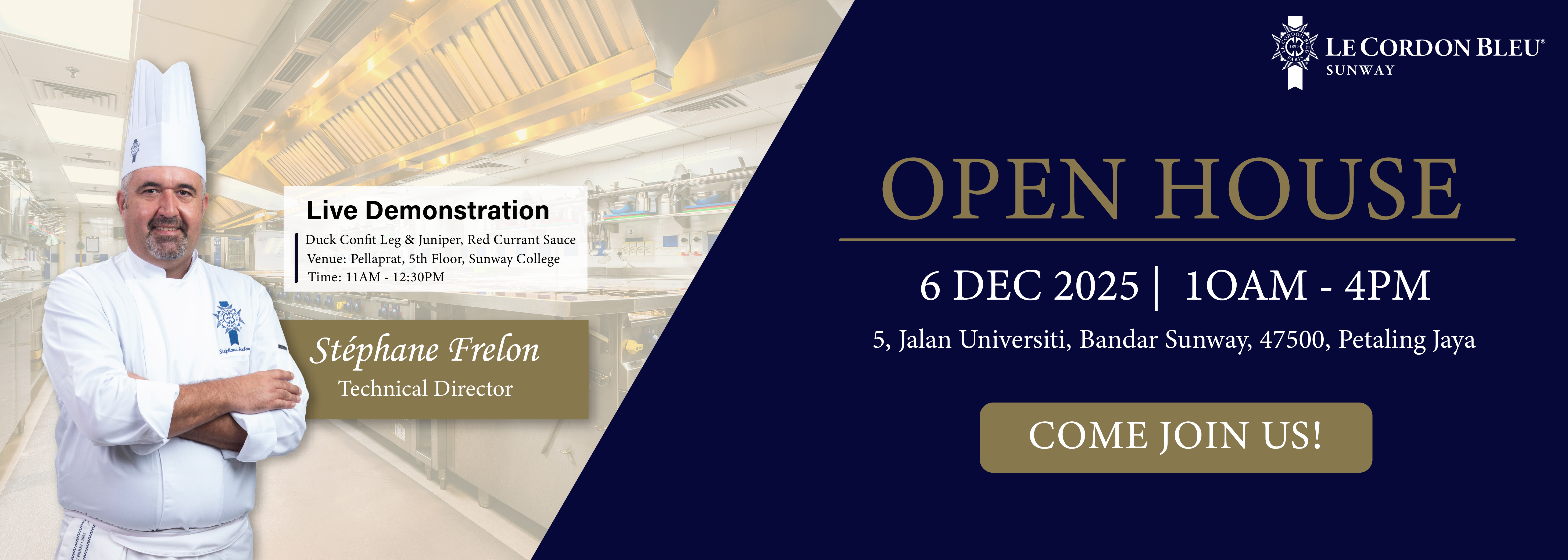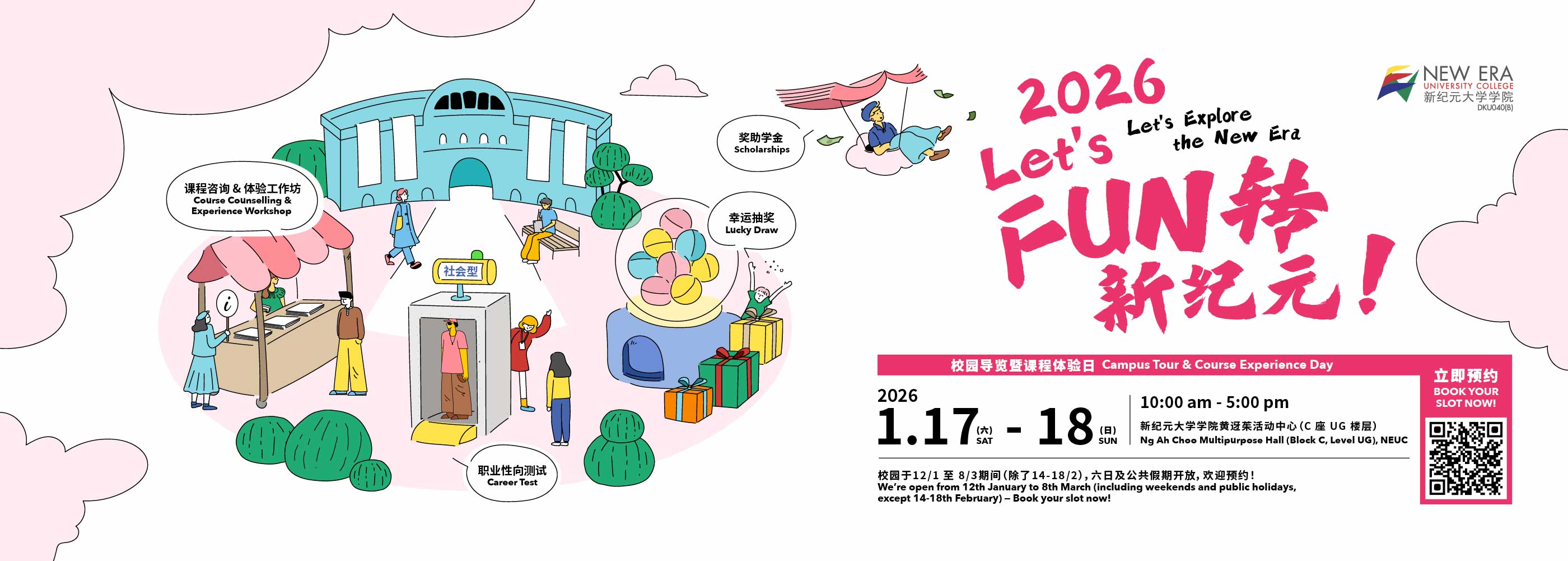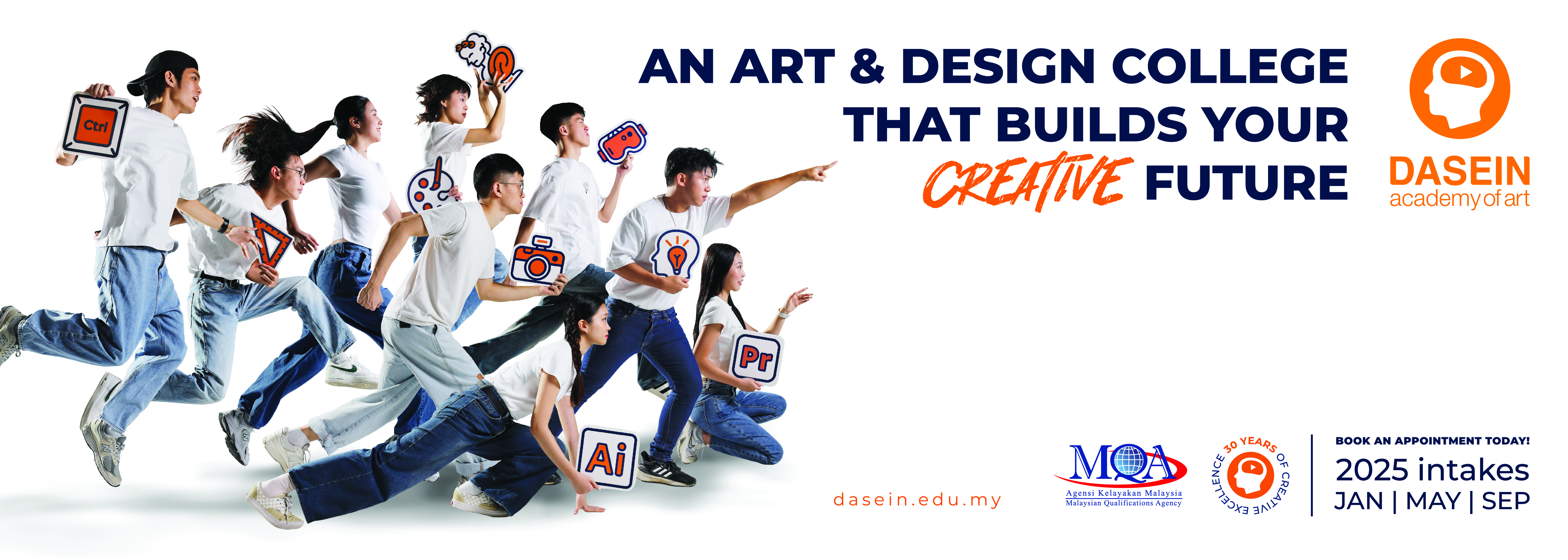The Design Process: Behind the Scenes
Photo by Kelly Sikkema on Unsplash
When you mention the term ‘designer’, an image often comes to mind. Many would think of creative individuals with fancy and trendy clothes, a cup of coffee in one hand, deeply buried in a messy studio, doing eccentric things to get inspired.
While this image of designers may not be entirely wrong, what a designer does may sometimes be misunderstood. Let’s take a look at what designers do and what you can do with a design degree.
What does a designer do?
Designers are often mistaken as people who decorate and make fancy items. On the contrary, a designer instead looks to solve the problems we face through the use of creative solutions.
These creative solutions, which may take the form of a designed item, are the result of an extensive process the designers would go through, from understanding the problem to fine-tuning the solution.
The function of a designer varies depending on the company, but common tasks include:
- Keeping up with industry trends to stay ahead of the competition.
- Generating consistent high-quality visual work.
- Developing a large number of ideas.
- Fostering innovation and encouraging people to express their thoughts.
- Creating project direction and directing team members.
What is the design process?
This design process can be best illustrated with the design of the instant noodle. The instant noodle is a very common designed item which came from a design process that innovatively solved a serious problem in Japan in the 1950s.
After the devastation of World War 2, Japan was experiencing a food shortage problem. It was this problem that Momofuku Ando, the creator of instant noodles, set out to solve.
He observed that in this period of famine, the Japanese were provided flour as aid by the Americans and were asked to make bread using it. He knew that Japanese people don't traditionally eat bread and the closest that this flour provided would be noodles or in this case, Ramen.
It was with that insight that he found the solution; to use that flour to make noodles or ramen that would last long and not spoil easily.
With that solution, he set out to try different techniques and recipes to preserve the noodles while ensuring the good taste. This crucial part of the design process is called prototyping, a process where the designer creates prototypes, tests them, gathers feedback, and improves on them.
Utilizing this process, he discovered that by frying the noodles, it would allow for preservation, good taste, and easy cooking. After much fine-tuning, instant noodles were released to the public and the rest is history.
Momofuku Ando
Source: Nissinfoods.com
A possible reason as to why the prototyping process is often overlooked could be because the final product of the design process is the only item that people see most of the time.
What is not seen is the long and arduous process a designer goes through; from understanding the problem, researching the situation, ideating solutions, prototyping and finally testing the solutions. The discipline of this process might be the very reason that designers are so needed in the industry.
Why study design?
Photo by Balázs Kétyi on Unsplash
Design influences our everyday decisions in a variety of ways, including real locations, virtual environments, drawings, graphics, and pictures. Design degrees today acknowledge the variety of the creative sector and allow students to hone their creative abilities while pursuing their own interests.
Design is a difficult but rewarding topic to study, and a degree in the field might take anywhere from three to five years to finish. Degree programs in design provide you with the right blend of practical and theoretical abilities.
The majority of design graduates specialise in a single field such as 3D modelling, web design, or other aspects of the industry, although there are courses that provide a comprehensive understanding of the entire process.
Design degrees are a popular and competitive option, and pursuing one at a university level necessitates a certain set of abilities. Design students, in contrast to other professions, work with their hands from the beginning of their studies at university.
What can you do with a design degree?
When it comes to content, design degrees can be broad or narrow, and they can be broken down into a plethora of specialisations. Here are some examples of what you can do:
- Graphic design
- Illustration, textiles
- Interior design
- Fashion design
- Product design
- Animation
- Furniture design
- Jewellery design
- Computer games design
- Theatrical design
The method varies with each university, so you should thoroughly investigate the various courses as well as the potential of industrial placements, which are a wonderful opportunity to gain work experience before graduation
Study design at UOW Malaysia KDU
Here at UOW Malaysia KDU, we offer a variety of design programs that you can choose from. Our design courses give students hands-on experience with design by teaching them about materials, the design process, techniques, and how to use digital tools.
We make sure that our students receive a well-rounded design education so that they may follow their design dreams. Here are some of the programs that are available for you at our campuses:
- Diploma in Interior Design
- Diploma in Entrepreneurial Design
- Bachelor of Arts(Hons) in Interior Architecture
- Master of Design (Innovation)
Final Thoughts
Here at UOW Malaysia KDU, we believe that to produce top-quality students for the industry, we need to involve them in this, often messy yet productive and important, process. This process is taught, nurtured, and built into our students’ learning experience throughout their time with us. To learn more about what we do at UOW Malaysia KDU, call 03-5565 0530 or email enquiry@uowmkdu.edu.my.
Advices
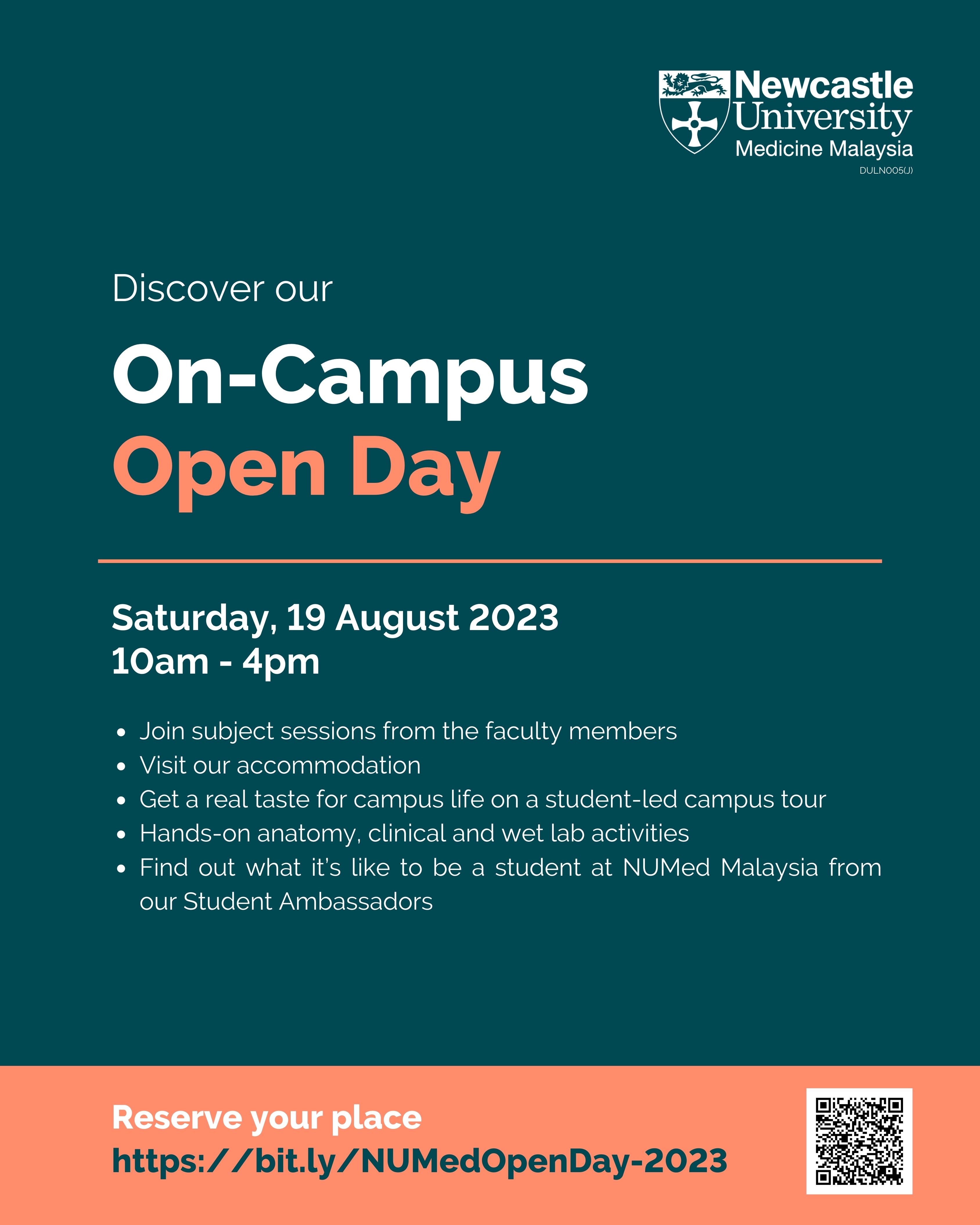




News from Institutions

